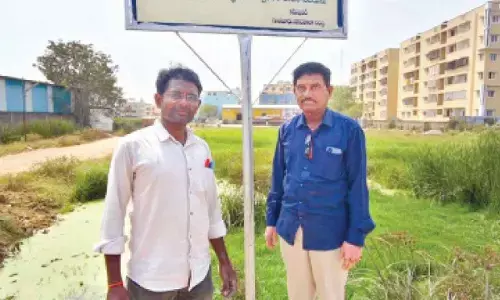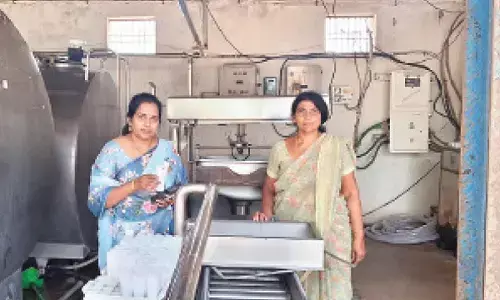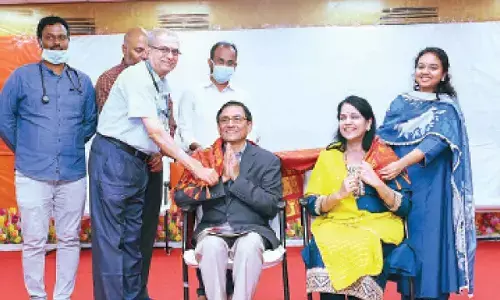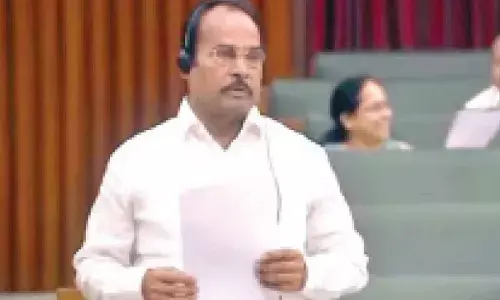Education policy perspectives: Think Tank vs MKCL model
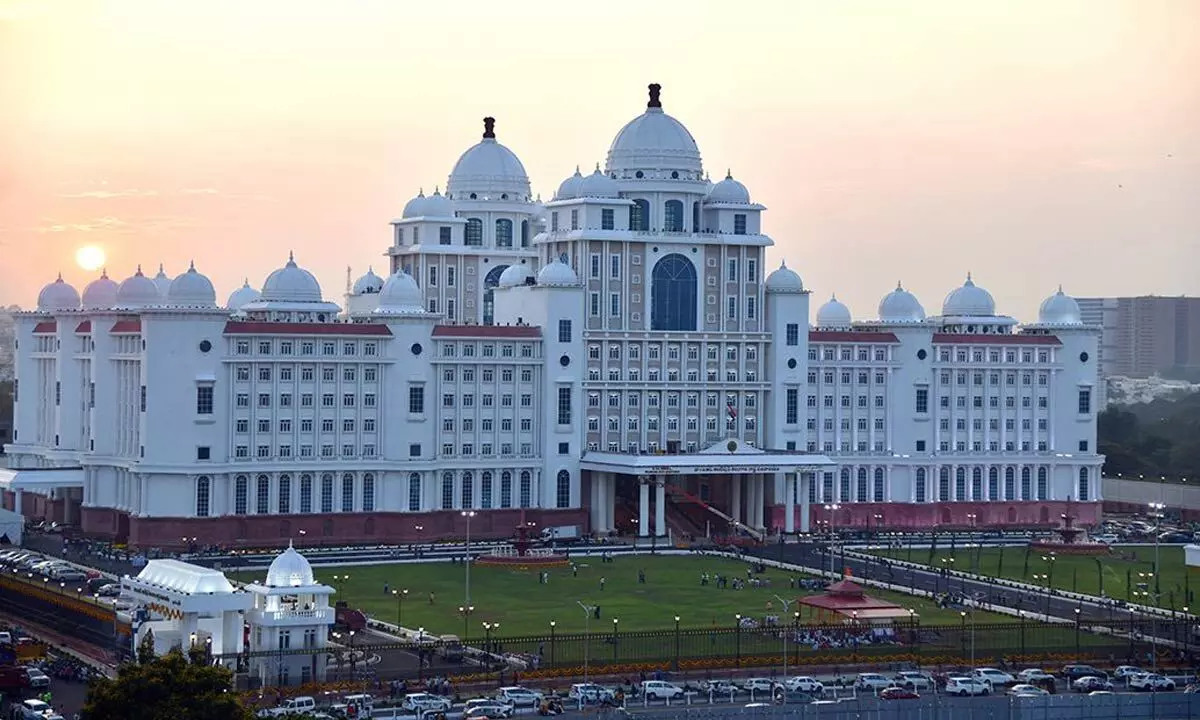
"Think out of the Box", "Market ready skills," and producing "good and responsible global citizens" on "egalitarian value-based education"- are the few to list the ideals set out for the constitution of the Telangana Education Commission (TGEC).
Hyderabad: "Think out of the Box", "Market ready skills," and producing "good and responsible global citizens" on "egalitarian value-based education"- are the few to list the ideals set out for the constitution of the Telangana Education Commission (TGEC). However, is it just jargon of words or a platonic romance to create ideal citizens through a new education policy by the Telangana High Education Department (TGHE)? Besides, questions were raised over the 'think tank' model with which the Telangana Education Commission (TGEC) was formed.
The reason, firstly, the National Knowledge Commission which was formed as a 'think-tank' in 2005 had come up with several important education policy recommendations about how to improve the education sector. However, the same was abolished with the change of political guard, resulting in the derailment of the very purpose for which it was appointed. However, several of its recommendations like increasing the number of universities and Higher educational institutions (HEIs) like IITs, and other technical and medical institutions have come for implementation after abolition.
The 'think tank' model and its recommendations did not go well, even with the university heads. Barring a few, the All India Vice-Chancellors Conference had rejected its recommendations. This being the case, the Karnataka Knowledge Commission (KKC) headed by Krishnaswamy Kasturirangan, an Indian space scientist and former head of the Indian Space Research Organisation (ISRO) had made its recommendations. This was followed by the coming up of the National Education Policy-2020 (NEP-2020) headed by Kasturirangan, besides several prominent academicians and experts from other fields.
However, the decision of the Maharashtra State government initiative that stands out several initiatives by creating a sustainable model vis a vis a think tank model.
Following the recommendations of the knowledge commission headed by academicians; the State Higher Education Department of Maharashtra had devised a sustainable model. To take care of the immediate, short-term and long-term needs of knowledge capital creation. Including, learning, training, employability and other aspects of the education sector.
However, at the same time, the mechanism did not put the entire burden on the State government. Like in the case of the 'think tank' model. In addition, it made the universities responsible and accountable to earn.
Accordingly, it had floated Maharashtra Knowledge Corporation Limited (MKCL). A public limited company with state government and state universities, forming the shareholders.
The nominees of the state government act as the board of directors of the MKCL. Besides, two vice-chancellors of the shareholding universities, six eminent experts from various sectors of knowledge, and the Managing Director, who serves as the whole-time director. The MKCL adopted Education, Development, Governance and Empowerment (EDGE) through innovative digital solutions and capacity building.
The state government holds 26 per cent of shares in the MKCL. Equally, the state universities also hold considerable shareholding in the company. Irrespective of the change in political leadership the MKCL mechanism remains in operation since it is a corporate entity. This way, making the state universities shareholders, they are made accountable to themselves. To contribute, train and compete with the creation of knowledge capital, distribution and consumption. To ensure the company's profitability.


